According to his colleagues and peers, Dr. Watson's work on the structure of DNA was a groundbreaking moment in scientific history. "For James Watson, DNA was everything - not just his life's work, but the secret of life itself," said Dr. Francis Collins, Director of the National Institutes of Health. "He was a true pioneer in the field of molecular biology, and his discovery of the DNA double helix has had a lasting impact on our understanding of genetics and disease."
Dr. Watson's discovery of the DNA double helix, made in collaboration with Francis Crick and Rosalind Franklin, was a major breakthrough in the field of molecular biology. The discovery revealed the double-stranded structure of DNA, which consists of two complementary strands of nucleotides that are twisted together. This structure has since been widely accepted as the fundamental basis of all life on Earth.
Throughout his career, Dr. Watson was a prolific scientist and author, publishing numerous papers and books on the subject of genetics and molecular biology. He was also a vocal advocate for the importance of basic scientific research and the need for increased funding for scientific inquiry. "James Watson was a true giant in the field of molecular biology," said Dr. Eric Lander, a geneticist and mathematician at the Broad Institute of MIT and Harvard. "His work on the structure of DNA has had a lasting impact on our understanding of genetics and disease, and his legacy will continue to inspire scientists for generations to come."
Dr. Watson's impact on society extends far beyond the scientific community. His work on the structure of DNA has led to numerous advances in fields such as medicine, agriculture, and biotechnology. The discovery of the DNA double helix has also had a profound impact on our understanding of genetics and disease, leading to the development of new treatments and therapies for a wide range of conditions.
As the scientific community mourns the loss of Dr. Watson, his legacy will continue to inspire scientists and researchers around the world. His work on the structure of DNA has had a lasting impact on our understanding of genetics and disease, and his legacy will continue to shape the field of molecular biology for generations to come.
In the coming weeks and months, the scientific community will come together to celebrate Dr. Watson's life and legacy. A memorial service will be held at the Cold Spring Harbor Laboratory, where Dr. Watson worked for many years. The laboratory will also establish a new fellowship program in Dr. Watson's name, to support young scientists and researchers in their pursuit of basic scientific research.
Dr. Watson is survived by his wife, Elizabeth Watson, and his children, Lucy and Rufus. His legacy will continue to inspire scientists and researchers around the world, and his work on the structure of DNA will remain a cornerstone of molecular biology for generations to come.
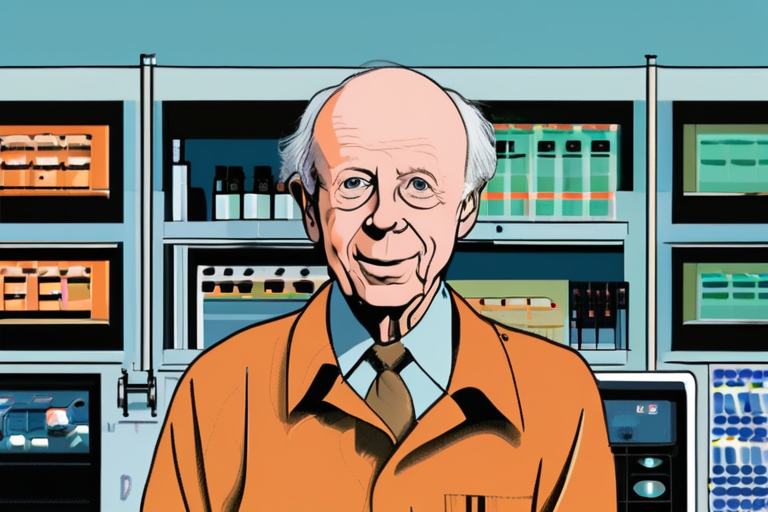


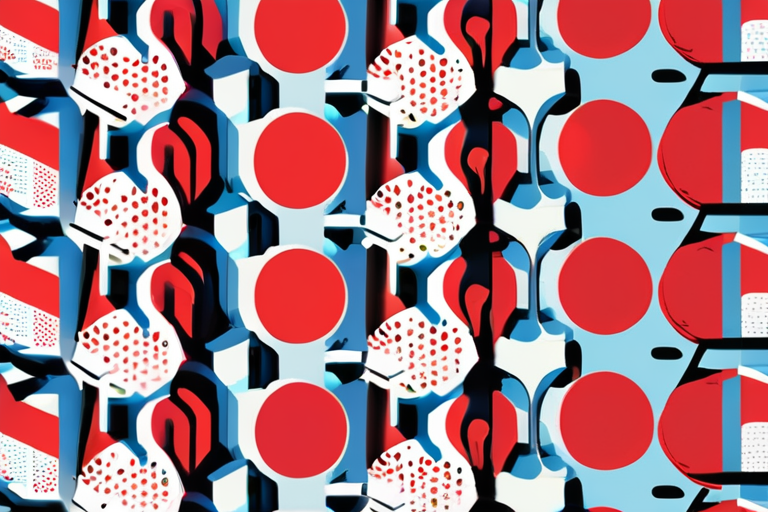
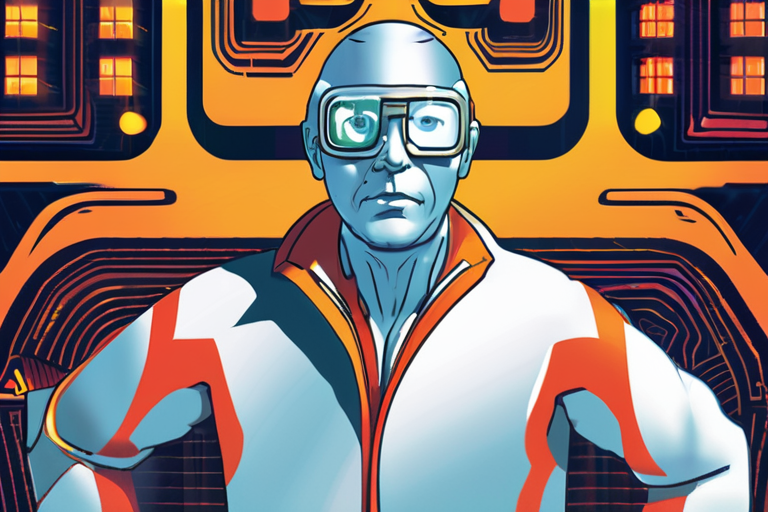
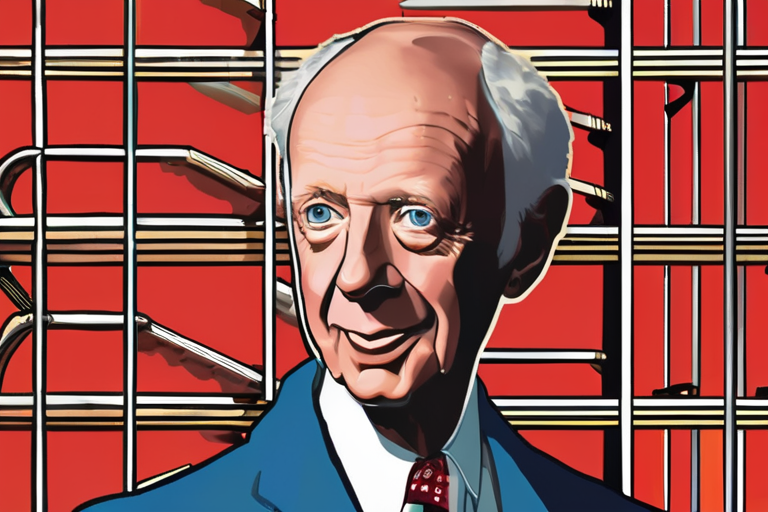


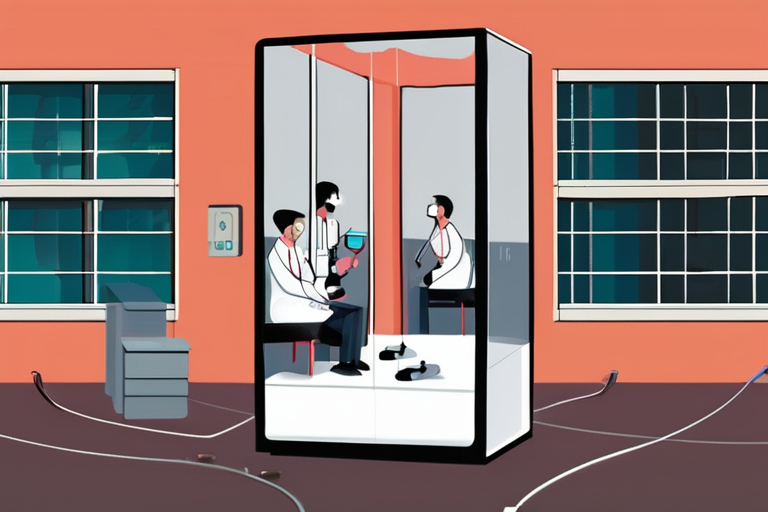
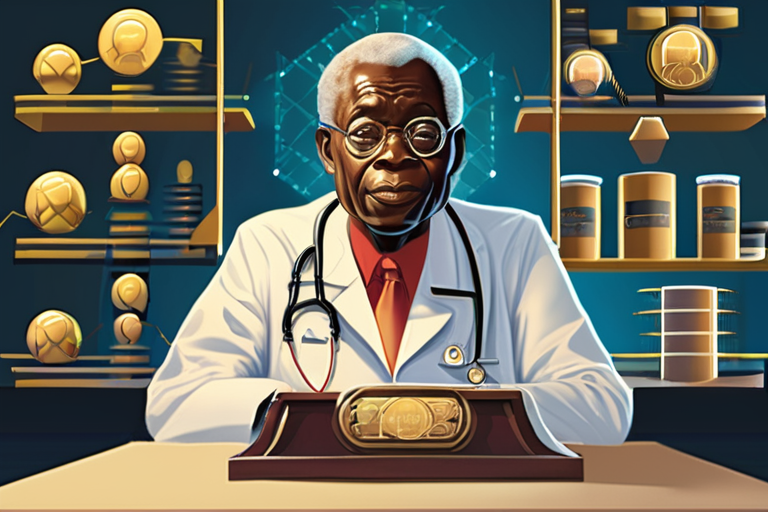

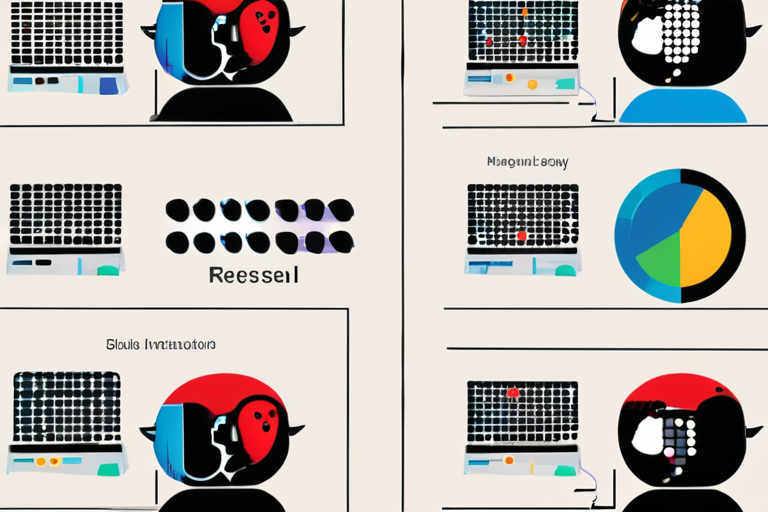
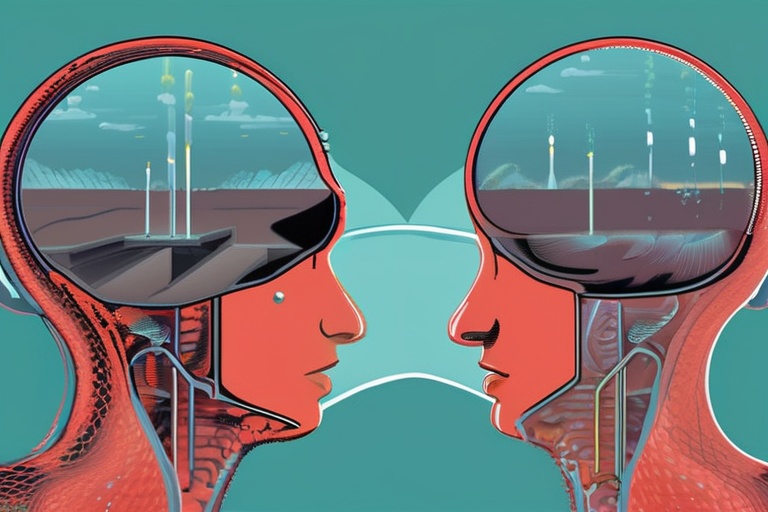
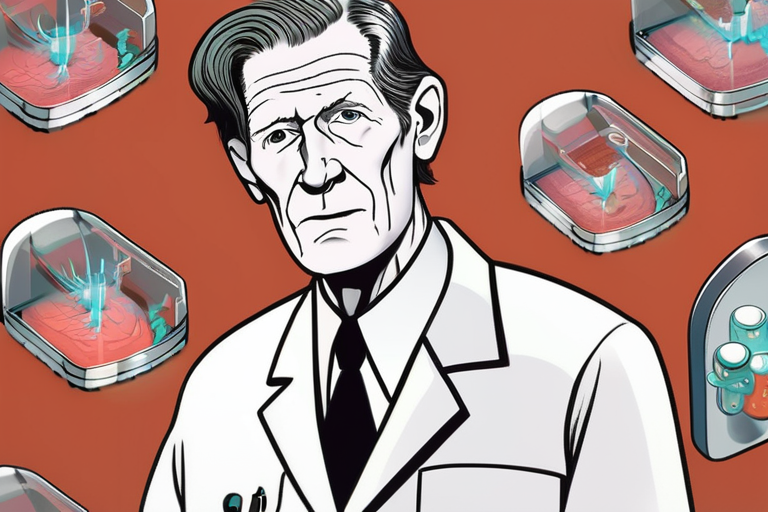
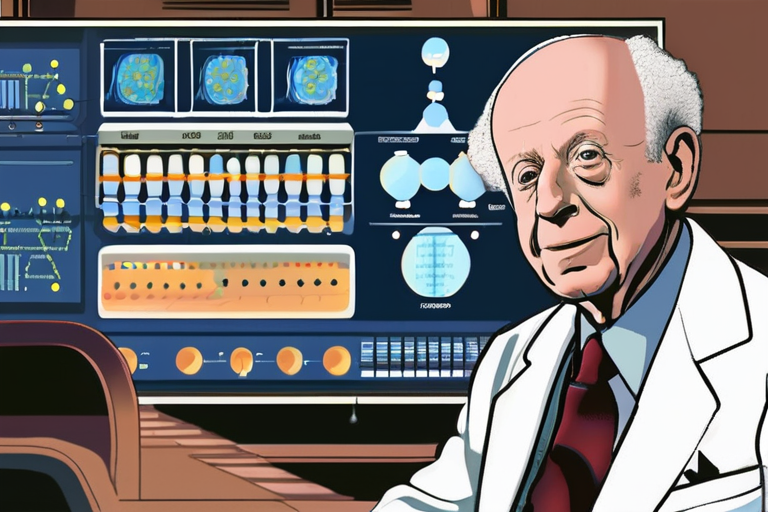
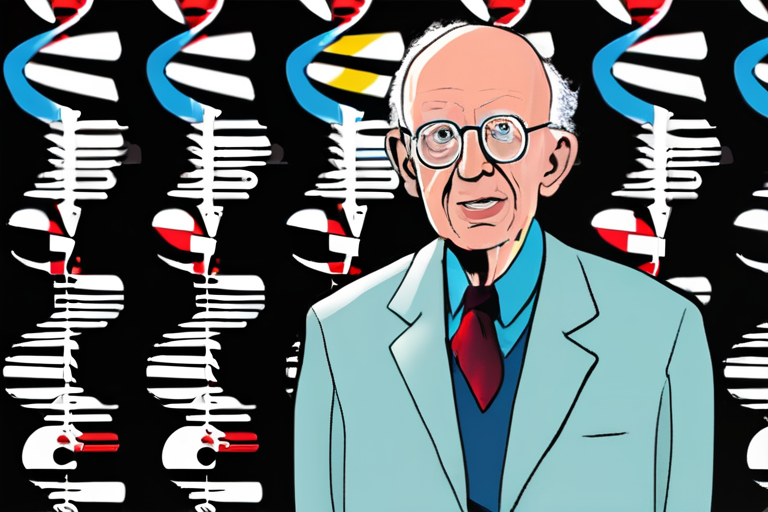
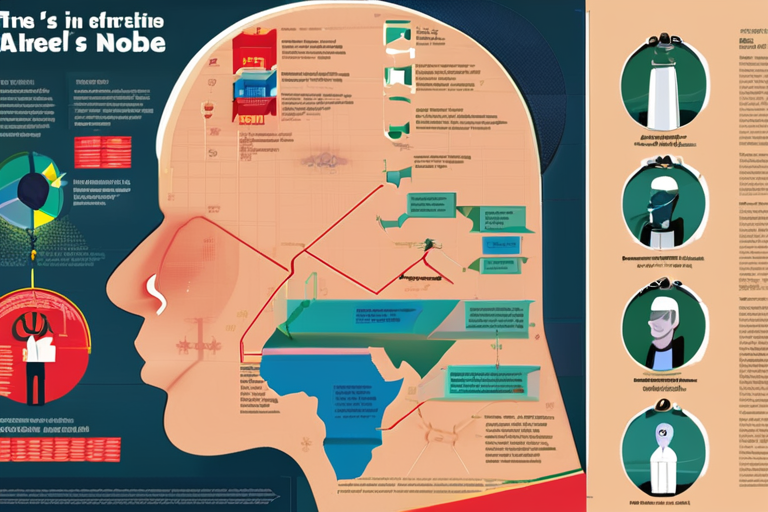
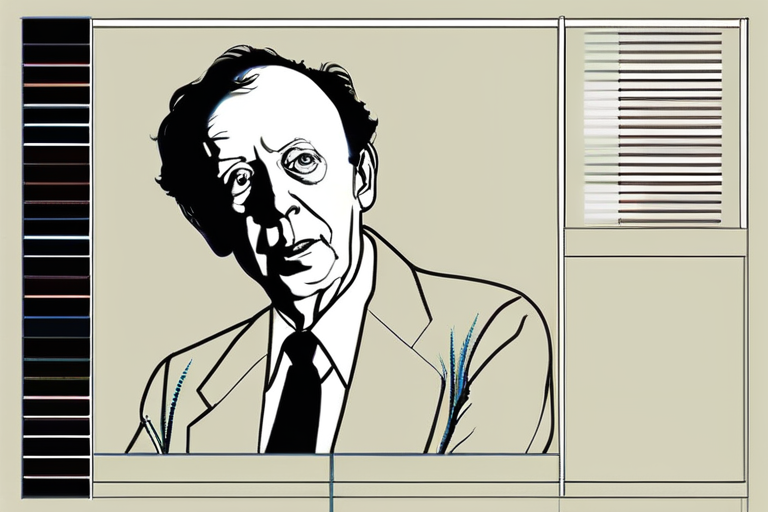


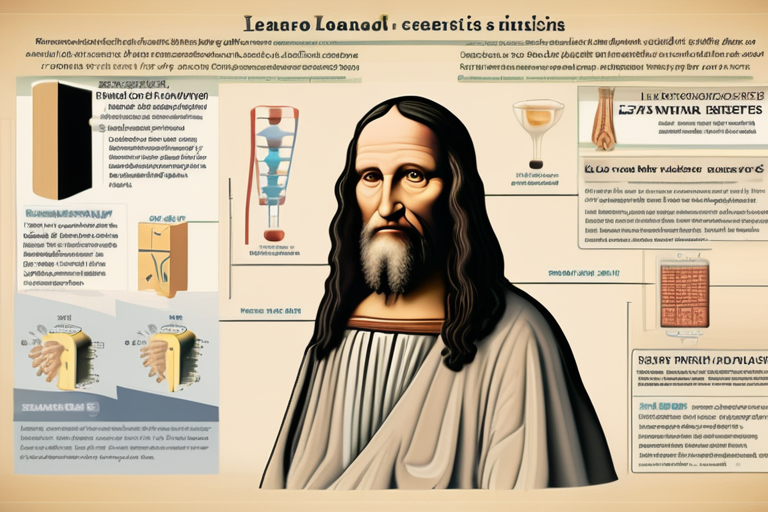

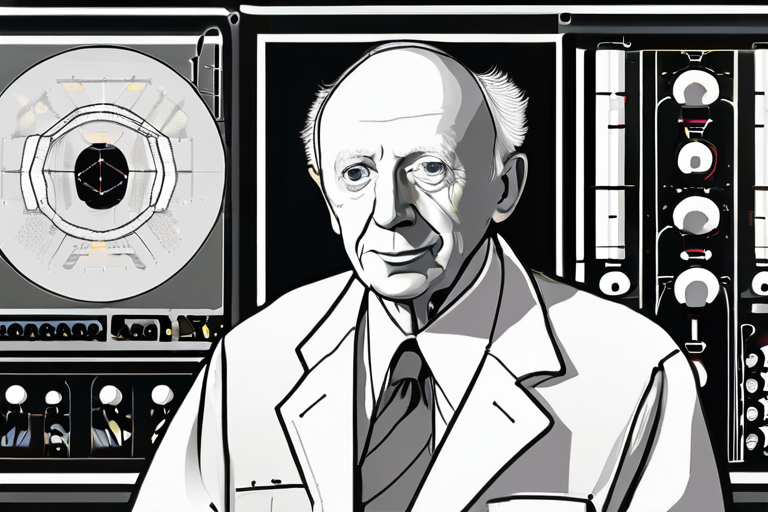



Share & Engage Share
Share this article